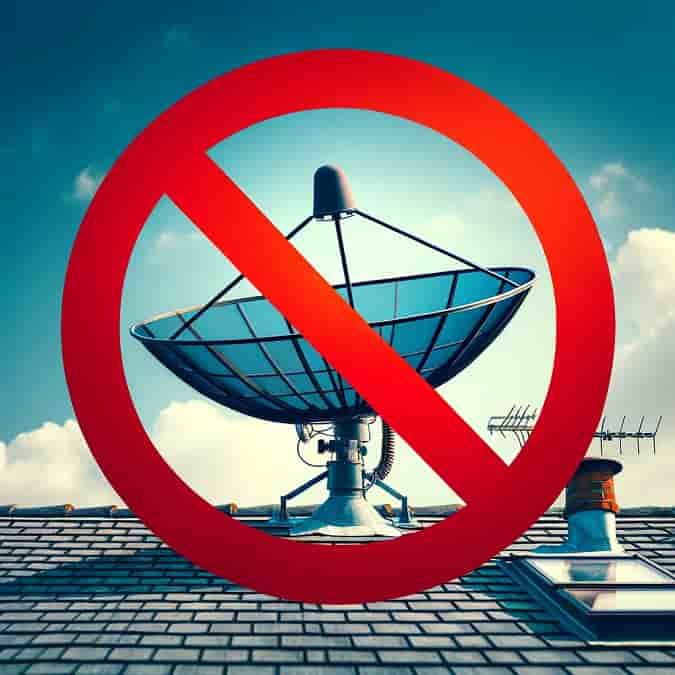In a significant development that marks a turning point in the evolution of media consumption, Sky has announced plans to reduce its workforce by approximately 1,000 positions across the UK and Ireland. This decision, affecting about 4% of its staff, comes as the company navigates the transition from traditional satellite broadcasting to digital service provision. As one of Europe’s premier media and entertainment conglomerates, Sky’s move underscores the broader industry trend towards internet-based content delivery, a shift that is reshaping the landscape of television and entertainment.
Sky, the parent entity of Sky News, has identified its engineering teams as the primary area impacted by these job cuts. The company has initiated consultations to manage the restructuring process with sensitivity and foresight. This move follows an internal review that highlighted a diminishing need for satellite specialists, given the increasing customer preference for digital services. A Sky spokesperson elucidated, “The launch of Sky Glass and Sky Stream represents a shift in our business to deliver TV over IP (an internet connection) rather than satellite. As customers increasingly opt for these platforms, which do not require specialist installation, we must adjust our workforce accordingly.”
Despite the planned reductions, the specifics of which roles beyond the engineer teams will be affected remain uncertain. Sky has not ruled out the possibility that the final number of job losses could be lower than the current estimate of 1,000. The company remains committed to its satellite customers and services, although it acknowledges the need for fewer engineers dedicated to specialist servicing and installations due to changing customer habits.
Sky’s strategy appears to be paying dividends, particularly with its Sky Stream and Sky Glass offerings. Approximately 80% of Sky Stream customers are newcomers to the brand, indicating robust growth potential. Meanwhile, Sky Glass has emerged as a frontrunner in the market, with its medium-sized screen variant topping the UK sales charts in 2023. These developments are indicative of a strategic pivot that aligns with evolving consumer preferences for integrated, internet-based entertainment solutions.
Owned by the American telecommunications powerhouse Comcast, Sky’s announcement comes at a time of broader industry adjustments. Many competitors are similarly downsizing in response to economic pressures and shifting market dynamics. For instance, Channel 4 recently disclosed plans to reduce its workforce by 15% and offload its London headquarters, highlighting the challenging environment faced by media entities.
This period of transition for Sky and the wider industry reflects a critical juncture in the adaptation to digital convergence. As companies like Sky recalibrate their operations to thrive in the digital era, the implications for employment, content delivery, and consumer engagement are profound. While the shift towards digital platforms offers new opportunities for innovation and growth, it also necessitates difficult decisions to ensure sustainability and competitiveness in a rapidly evolving market.
The Workers Union Says…
“The transition from traditional satellite to digital services is a testament to the relentless pace of technological advancement and changing consumer behaviours. As organizations like Sky adapt to these shifts, it is crucial that they approach the process with a commitment to supporting their workforce through the changes. The move towards digital is inevitable, but how companies manage the human aspect of this transition will be closely watched by stakeholders across the industry.




